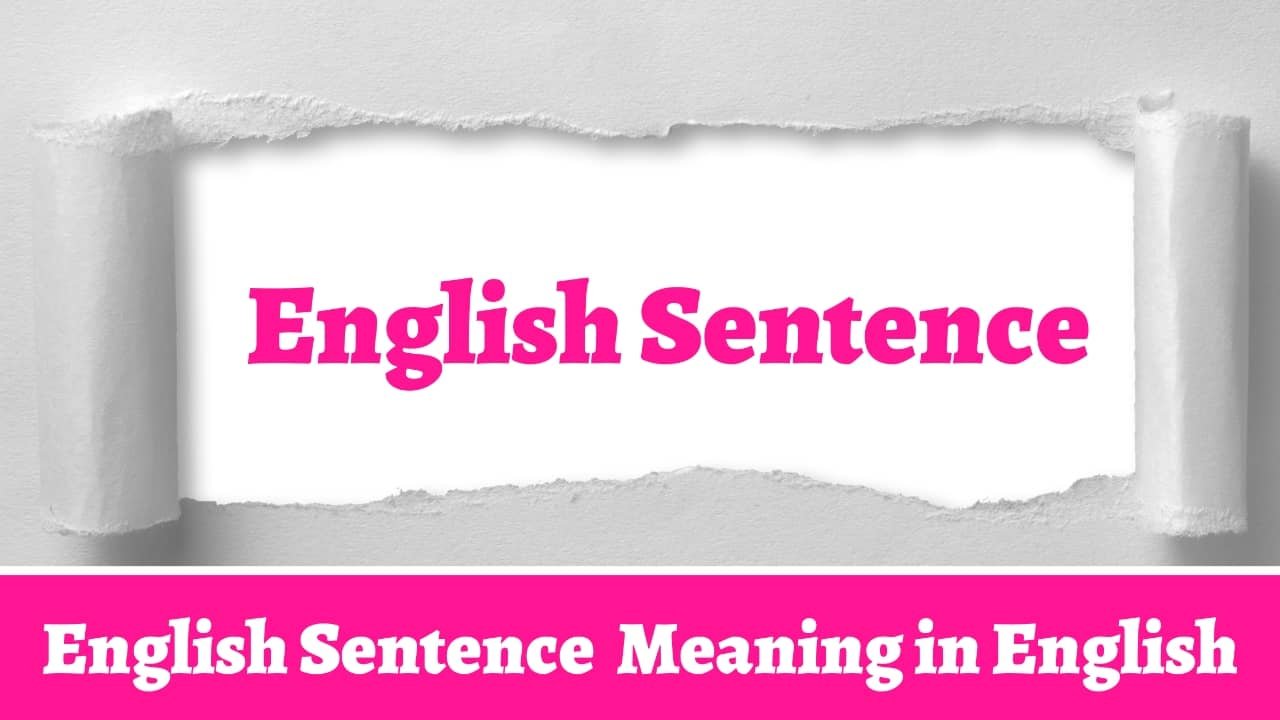English Sentence Meaning in Bengali : English is one of the most widely spoken languages in the world, with over 1.5 billion speakers. It is the official language of many countries and is also used as a second language in many others.
Bengali, on the other hand, is the seventh most spoken language in the world, with over 230 million speakers. It is the official language of Bangladesh and the second most spoken language in India.
With such a vast difference in the number of speakers, it is not surprising that there are significant differences in the structure and meaning of sentences between these two languages.
Table of Contents
English Sentence Meaning in Bengali

English is a language that uses a subject-verb-object (SVO) sentence structure. This means that the subject of a sentence comes first, followed by the verb and then the object. For example, in the sentence “I ate an apple,” the subject is “I,” the verb is “ate,” and the object is “an apple.”
In Bengali, however, the sentence structure is subject-object-verb (SOV). This means that the subject of a sentence comes first, followed by the object and then the verb. For example, in the Bengali sentence “Ami ekti tala khaai,” the subject is “Ami” (I), the object is “ektia tala” (a fish), and the verb is “khaai” (ate).
The meaning of English sentences can be quite complex and often includes idiomatic expressions and phrasal verbs that can be difficult to translate. For example, the English sentence “I’m going to check out the new restaurant tonight” has a different meaning than the Bengali sentence “Ami notun restaurant-e jabo.”
The English sentence uses the phrasal verb “check out,” which means to investigate or explore, while the Bengali sentence simply uses the verb “jabo” (go). This means that translating the English sentence directly into Bengali would not accurately convey the intended meaning.
Another aspect of English Sentence Meaning in Bengali that can be difficult to translate into Bengali is the use of modal verbs. In English, modal verbs such as “can,” “should,” and “must” are used to indicate ability, obligation, or necessity. For example, the English sentence “You should study for the exam” uses the modal verb “should” to indicate that studying for the exam is an obligation or necessity.
In Bengali, however, modal verbs are not used in the same way as they are in English. Instead, the intended meaning is often conveyed through the use of different verb tenses or sentence structures.
Despite the differences in sentence structure and meaning between English and Bengali, there are many tools available to help translate between the two languages. One such tool is Google Translate, which can translate entire sentences or phrases from English into Bengali (and vice versa) in a matter of seconds. While Google Translate can be a useful tool, it is not always accurate and can sometimes produce translations that are grammatically incorrect or do not accurately convey the intended meaning.
For this reason, it is often best to use a human translator when attempting to translate complex sentences or documents from English into Bengali. A human translator can take into account the nuances of both languages and ensure that the intended meaning is accurately conveyed. Additionally, a human translator can also provide cultural context and ensure that the translated text is appropriate for the target audience.
Conclusion
While there are challenges involved in translating English sentences into Bengali like: English Sentence Meaning in Bengali, the benefits of accurate translation are immense. By facilitating cross-cultural communication and understanding, accurate translation can help promote global unity and cooperation. To achieve this, we must rely on language experts who possess a deep understanding of both English and Bengali and are able to accurately convey the intended meaning of a sentence.



